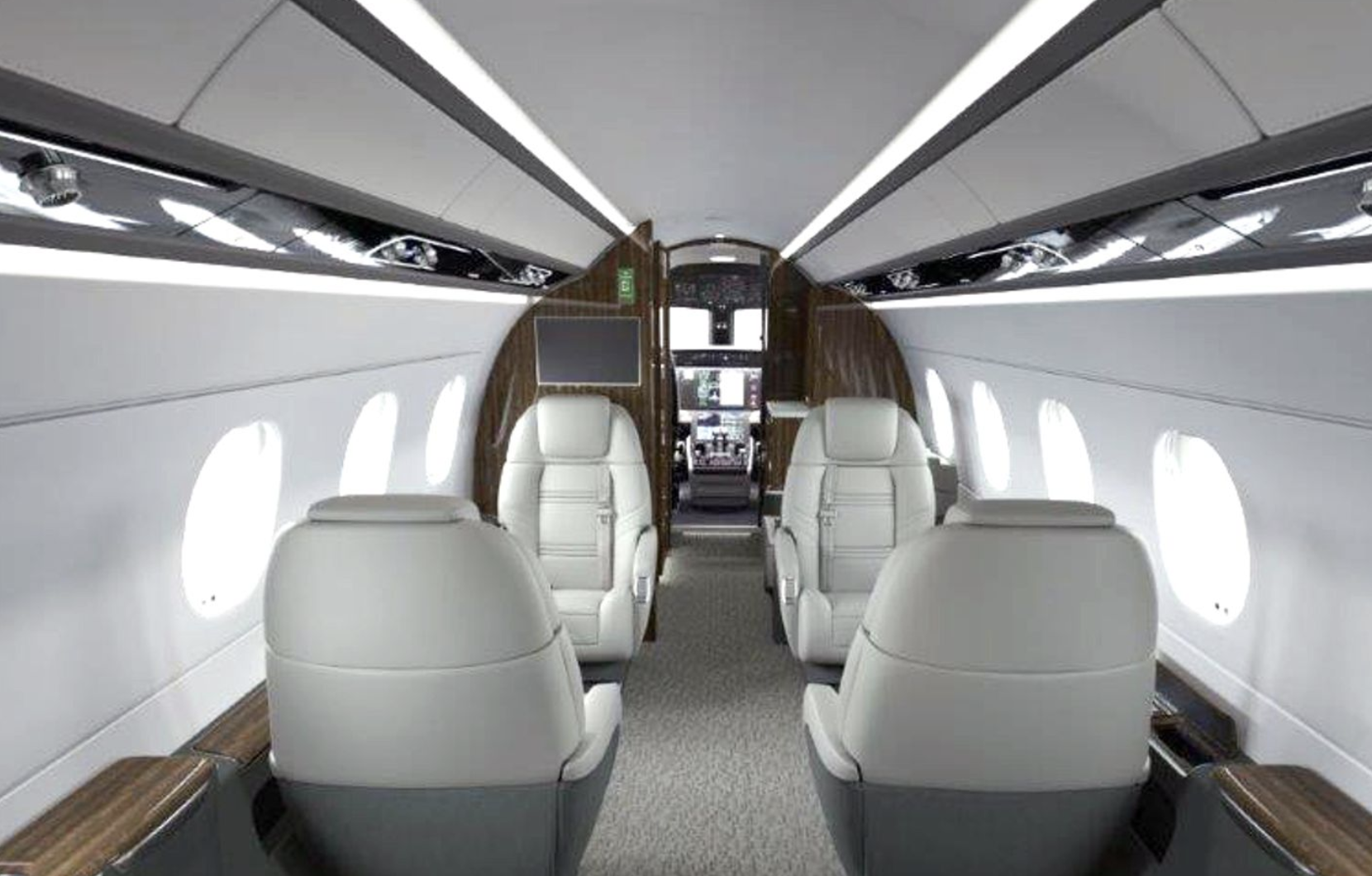Seventeen years ago, Sentient Jet President Alan Walsh was in Ireland packing for a one-year assignment in Massachusetts.
Today, he leads one of the most recognized names in private aviation.
The unit of Flexjet, Inc., both invented the jet card category and, a quarter century later, remains a leader.
It is also at the forefront of embracing digital innovation.
Solving Problems
Originally from Cork, Ireland, Walsh’s professional roots were in enterprise technology, spending over a decade with BMC Software and Peregrine Systems.
The mantra of that world, he says, is “solving problems you didn’t know existed in ways you couldn’t understand,” and that still echoes in his approach.
But after moving to the U.S. in 2008 and turning down a relocation to Austin in favor of Boston, his career took a new altitude.
A chance meeting with Andrew Collins, then President and CEO of Sentient Jet, brought Walsh into the world of private aviation in 2019.
Collins sought help digitizing what had been a largely manual business, and Walsh brought deep experience in scalable tech transformation.
He began by leading Sentient’s service business, helping modernize the platform and integrate digital touchpoints—from launching a mobile app to booking by text messages, which has now processed over $650 million in client bookings.
“We couldn’t stand still,” Walsh said. “We knew our demographic was shifting—more digital, more demanding. So we had to be ahead of that.”
Under his influence, Sentient’s digital bookings have risen to nearly 30% of total volume, with a growing cohort of clients engaging exclusively online.
The focus remains clear: remove friction, increase speed, and respect the most valuable commodity of Sentient’s high-net-worth clientele—time.
That respect for time, Walsh says, is what sets Sentient apart.
With guaranteed availability and fixed-rate pricing, the company’s jet card model enables clients to book in minutes, without haggling, waiting for quotes, or incurring unpredictable costs.
“It’s simple. They know the price. They know we’ll be there. That peace of mind is what they’re buying,” he says.
‘Evolution, not revolution’
The shift in leadership from Collins, who is now Co-CEO of Flexjet, Inc., to Walsh represents what he calls “evolution, not revolution.”
Sentient Jet is part of a family of brands that includes Flexjet and FXAIR.
While backend functions, such as technology and dispatch, are increasingly centralized, Walsh maintains that each brand retains its own “swim lane.”
“There are economies of scale, of course,” he said. “But Sentient isn’t going to become FXAir, and FXAir isn’t becoming Flexjet.”
Flexjet focuses on fractional ownership and leasing.
FXAir on ad hoc charter flights.
Walsh continues, “They each serve different use cases. We’re thoughtful about where we can integrate and where we need to stay distinct.”
Despite occasional speculation, Walsh stated that there are no plans to expand Sentient’s international footprint under its brand.
However, as long-range flying becomes more prevalent, he sees opportunities for crossover between brands for globally minded clients.
Sentient Jet Pricing
On promotions and pricing, Walsh prefers a measured approach.
While Sentient has offered limited-time transcontinental discounts and flexible daily minimums, he emphasizes strategic alignment with client behavior over marketing stunts.
“We’re not just throwing darts,” he said. “We’re asking: what do our clients need? What makes their life easier? Then we design around that.”
As for the aircraft themselves, Walsh acknowledges that clients are asking for newer jets, and the fleet mix is shifting accordingly.
While Sentient doesn’t currently offer tiered programs based on aircraft age, he sees a trend toward larger cabins and longer flights, many of which are tied to life experiences rather than pure business necessity.
“People are flying for meaning now. They’re bringing families, creating memories. We want to enable that,” Walsh says.
That includes growing interest in “time travel”—a term Walsh uses to describe clients leveraging private aviation to maximize family time, avoid hassles, and embrace flexibility.
To that end, its most recent annual member benefits guide included over $235,000 in discounts, perks, and exclusive access from partners, including wineries, luxury resorts, and other notable entities.
He’s also proud of Sentient’s quiet leadership in sustainability.
The company has offset over 1.6 million metric tons of carbon emissions.
The offsets are included, and there is no extra charge, which is something flyers want by a 3-to-1 margin, according to research with subscribers of Private Jet Card Comparisons.
It has recently introduced a sustainability calculator that allows travelers to see the environmental impact of their trips in real-time.
Reducing Friction
Back to his roots, Walsh says Sentient is continually focusing on improvements to the experience that may not be worthy of a press release, but customers feel firsthand.
He cites a 15-second average phone pickup time, a call abandonment rate of less than 1%, and an average call handle time of two and a half minutes as proof that great customer experiences aren’t just digital—they’re human, too.
Walsh remains bullish on the future of jet cards, despite outside critiques.
While some argue that the model has limits, Walsh sees it as a resilient middle ground between on-demand charter and full or fractional ownership, offering both reliability and flexibility in uncertain times.
In last summer’s Private Jet Card Comparisons’ subscriber survey, Sentient Jet scored the highest Excellent/Very Good rating of any broker jet card program.
Walsh concludes, “People come for the guarantee (on pricing and availability), the ease, the service. And they stay because we deliver.”












